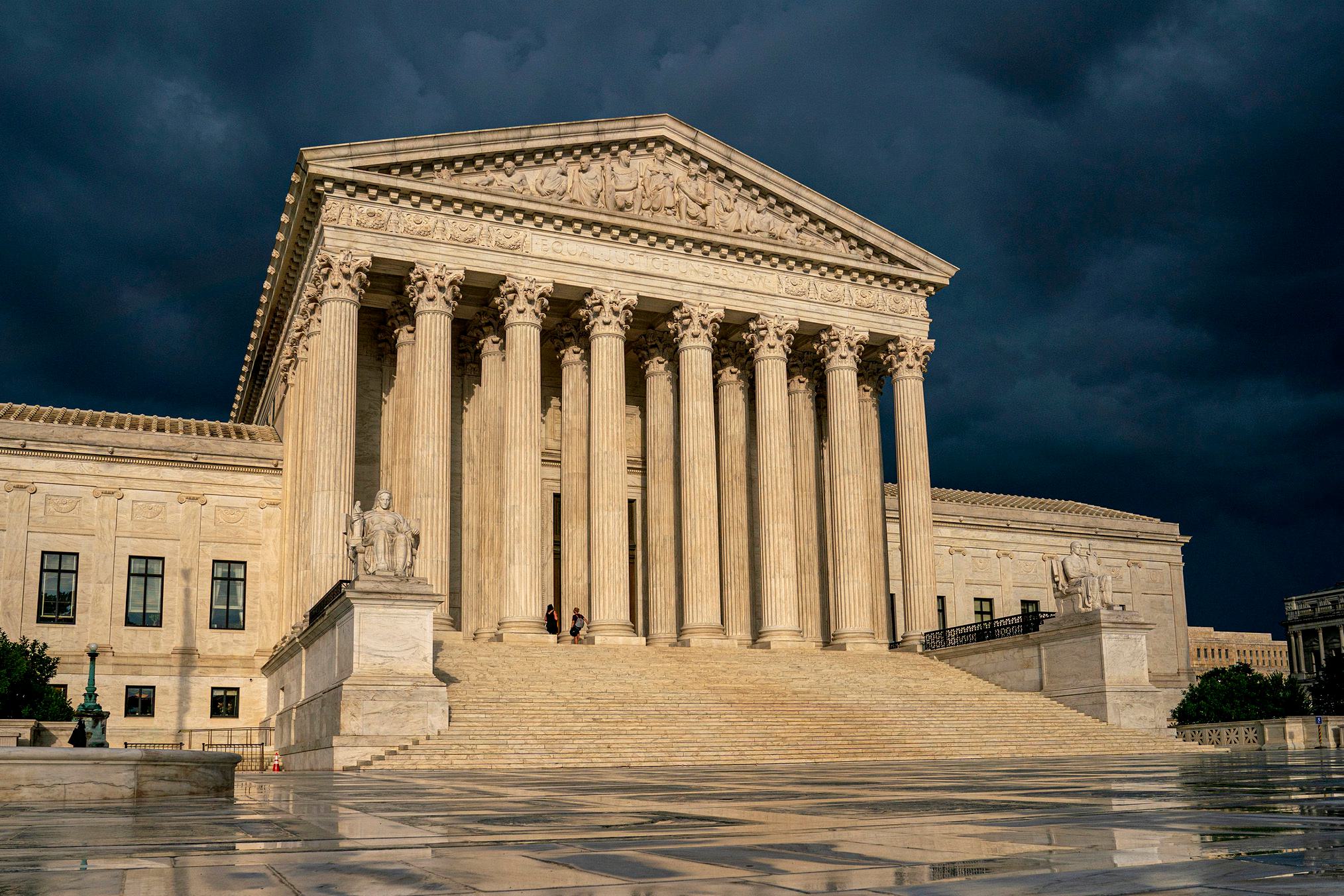The U.S. Supreme Court (SCOTUS) ruled 5-4 on Friday a group of unemployed workers could sue the State of Alabama for allegedly delaying unemployment payments during the COVID-19 pandemic.
According to court records, petitioners are unemployed workers who contend that the Alabama Department of Labor unlawfully delayed processing their state unemployment benefits claims. They sued the Alabama Secretary of Labor in state court under 42 U. S. C. §1983, raising due process and federal statutory arguments and seeking a court order requiring the Department to process their claims more quickly. The Secretary moved to dismiss on several grounds, including that the state trial court lacked jurisdiction because the claimants had not satisfied the relevant statute’s strict administrative-exhaustion requirement.
According to SCOTUS, the trial court granted the secretary’s motion and dismissed the complaint, “leaving the claimants in a catch-22—unable to sue to obtain an order expediting the administrative process because they had not yet completed the process allegedly being delayed.” The Alabama Supreme Court affirmed on failure-to-exhaust grounds, concluding that §1983 did not preempt the State’s administrative-exhaustion requirement.
William Califf, a spokesman for Alabama Attorney General Steve Marshall, told 1819 News on Friday, “We are disappointed by the Court’s 5-4 decision, which ruled for plaintiffs based on a narrow argument the Alabama Supreme Court never had occasion to consider.”
“When the case returns to state court, we will continue to defend Alabama’s laws, and we expect to prevail,” Califf said.
The five justices in the majority were Chief Justice John Roberts, Justices Brett Kavanaugh, Sonia Sotomayor, Elena Kagan and Ketanji Jackson. The four dissenting justices were Amy Coney Barrett, Neil Gorsuch, Samuel Alito and Clarence Thomas.
Kavanaugh wrote in his opinion for the majority, “The Alabama Supreme Court interpreted the State’s administrative-exhaustion requirement for unemployment benefits claims to in effect immunize the Alabama Secretary of Labor from §1983 due process suits alleging that the Department has unlawfully delayed in processing benefits claims.”
“By affording immunity from those claims, the Alabama ruling contravenes this Court’s §1983 precedents. We therefore reverse the judgment of the Alabama Supreme Court and remand the case for further proceedings not inconsistent with this opinion,” he added.
Thomas said in his dissent, “The Court’s decision is irreconcilable with both first principles and precedent.”
“There is no credible argument that Alabama adopted its exhaustion requirement in order to defeat challenges to the exhaustion process itself. Alabama created its exhaustion scheme in 1939, decades before the understanding that public benefits give rise to a due process interest emerged. And, the Alabama exhaustion process is by all accounts an ordinary exhaustion requirement common among public-benefits schemes, which in the mine-run case serves to facilitate the adjudication of benefits determinations on the merits. There is no reason to think that Alabama intended to cause mischief in the rare context of a §1983 challenge to its procedures,” Thomas said.
Scotus Covid Payments by Caleb Taylor on Scribd
To connect with the author of this story or to comment, email caleb.taylor@1819News.com.
Don't miss out! Subscribe to our newsletter and get our top stories every weekday morning.










